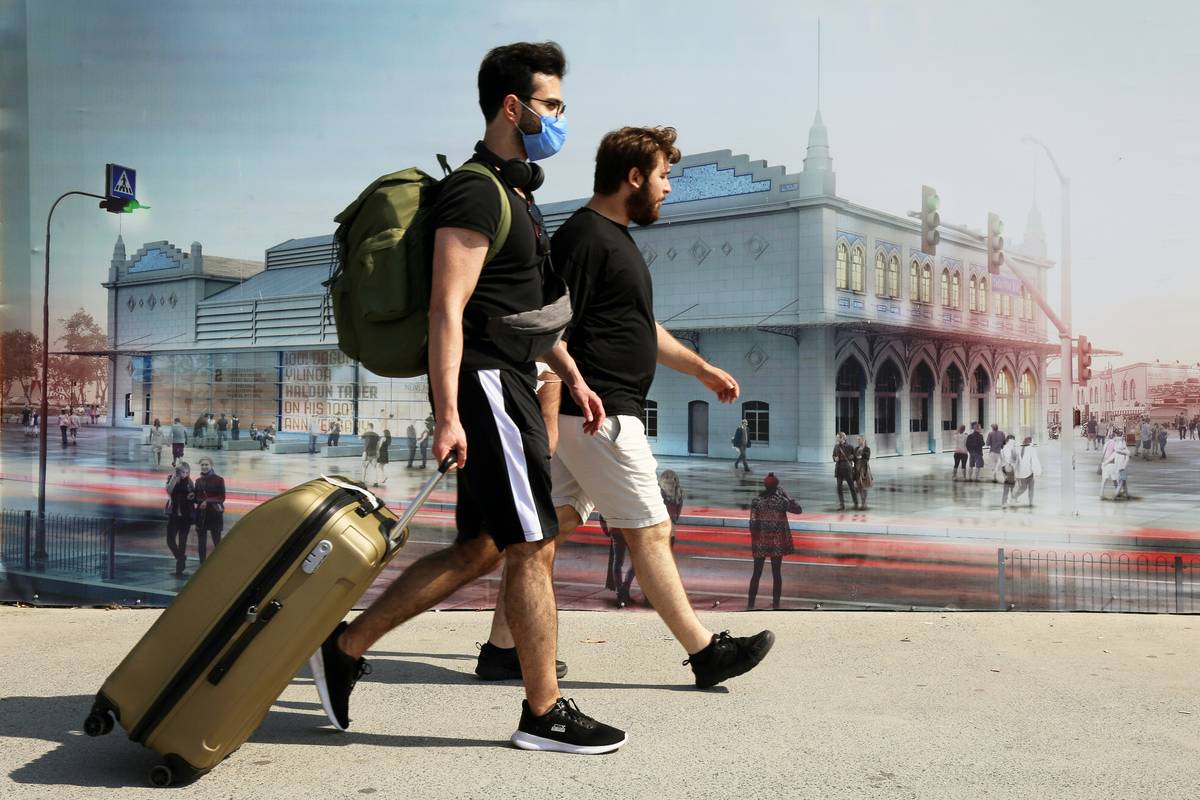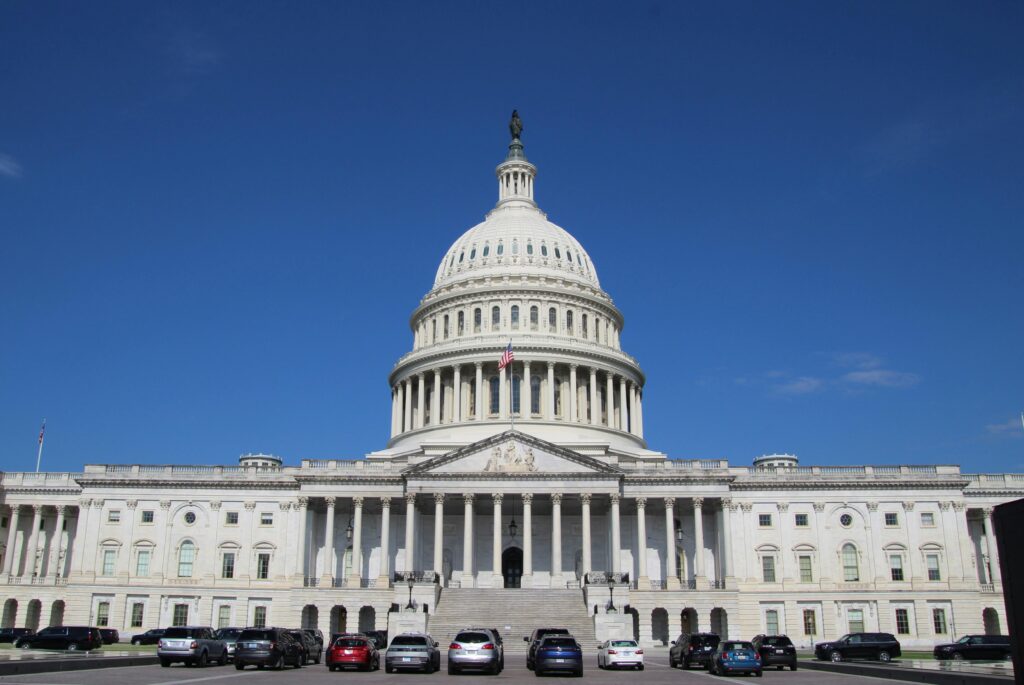Hook: Ever been stuck in a foreign country with mounting medical bills, only for your travel insurance claim to be denied? You’re not alone. Thousands of travelers face this frustrating scenario every year.
Purpose: In this article, we’ll explore why claim denials in travel insurance occur, how you can avoid them, and what to do if it happens to you. We’ll also touch on political risk insurance as a related safeguard for international trips.
Preview: By the end, you’ll understand common reasons for denials, actionable steps to prevent them, real-world examples, and answers to frequently asked questions—all while keeping “claim denials travel insurance” front and center.
Table of Contents
- Why Claim Denials Matter
- Step-by-Step Guide to Avoiding Denials
- Tips & Best Practices
- Real-Life Examples
- FAQs About Claim Denials
Key Takeaways
- Understand Your Policy: Read the fine print carefully before purchasing travel insurance.
- Document Everything: Keep receipts, photos, and correspondence from your trip.
- Avoid Common Mistakes: Know which actions could lead to claim denials.
- Appeal If Denied: Learn how to challenge rejected claims effectively.
Why Claim Denials in Travel Insurance Matter More Than Ever
Claim denials are more than just inconvenient—they can leave you financially vulnerable when you least expect it. Picture this: I once traveled abroad without double-checking my policy exclusions. When I got sick, my claim was denied because I hadn’t disclosed a pre-existing condition. Ouch.
But let’s talk numbers. According to recent studies, nearly 20% of travel insurance claims are denied annually. That’s one out of five travelers left hanging—like trying to charge your phone at an airport outlet that doesn’t work.

“Optimist You:* ‘This won’t happen to me!’
Grumpy You: ‘Yeah, right. Hope you’ve got backup plans…'”
Step-by-Step Guide: Navigating Claim Denials in Travel Insurance
Step 1: Understand What Causes Denials
Most claim denials in travel insurance stem from these common issues:
- Failure to Disclose Pre-Existing Conditions: Always read the health questionnaire thoroughly.
- Excluded Activities: Scuba diving? Skydiving? Some policies don’t cover extreme sports.
- Late Filing: Missing deadlines is like forgetting to water your Tamagotchi—it dies fast.
Step 2: Gather Evidence
Sounds basic, but documenting everything during your trip is crucial. Think receipts, doctor notes, police reports (for theft), and even selfies proving where you were. The more proof, the better. Sensory Oversharing Alert: Imagine flipping through crisp hotel bills instead of blurry screenshots—ahh, clarity.
Step 3: Appeal the Decision
Here’s where you channel your inner negotiator. Write a polite yet firm letter appealing the decision. Include all supporting documents and explain any misunderstandings. And yes, persistence pays off here.
Top Tips & Best Practices for Handling Claim Denials
1. Choose the Right Policy
Not all policies are created equal. Look for ones that explicitly mention coverage for emergencies tied to political instability—a sub-niche known as political risk insurance.

2. Terrible Tip Disclaimer
Procrastinate until the day of your trip to buy insurance. Yeah, nope. This ensures higher premiums and limited options. Don’t be *that* person.
3. Stay Calm During Appeals
Rant Section: Nothing drives me crazier than companies using jargon to confuse claimants. Stick to facts and remain professional. They might throw shade; don’t stoop to their level.
Case Study: A Denied Claim Turned Success Story
Jane, a solo traveler, had her emergency evacuation claim denied due to incomplete paperwork. After gathering additional evidence—including timestamped photos—and submitting a well-crafted appeal letter, she received full reimbursement within two weeks.

Frequently Asked Questions About Claim Denials in Travel Insurance
Q: Can I sue my insurer if my claim is denied?
A: While possible, it’s usually lengthy and costly. Start by exhausting internal appeals first.
Q: Does political risk insurance help with travel claim disputes?
A: It focuses more on risks like government coups or riots, so it complements traditional travel insurance rather than replacing it.
Q: Why does late filing cause claim denials?
A: Insurers need timely information to process claims efficiently. Late submissions hinder investigations.
Conclusion
To recap, understanding how to navigate claim denials in travel insurance starts with awareness and preparation. From choosing the right policy to fighting back against rejections, staying proactive is key. As a bonus, pairing standard travel insurance with political risk insurance adds another layer of protection.
Like a Tamagotchi needing daily care, your travel insurance requires attention too. Now go forth, armed with knowledge!
Chef’s Kiss Haiku:
Denied? Fear Not.
Appeals With Proof Win Wars.
Travel Smarter Now.


